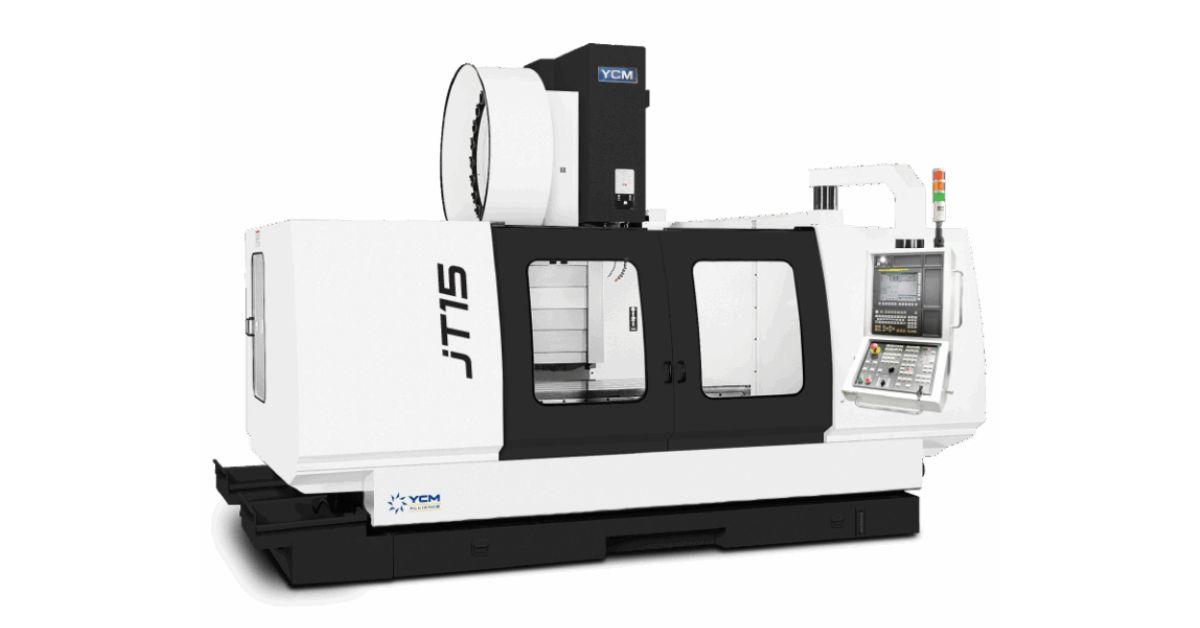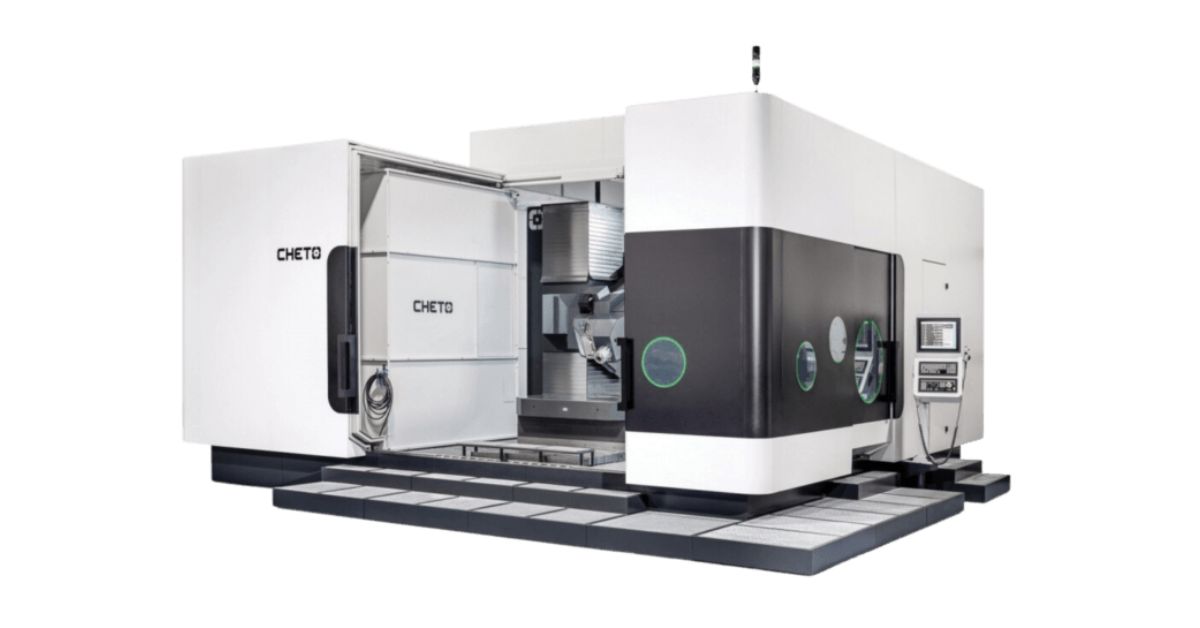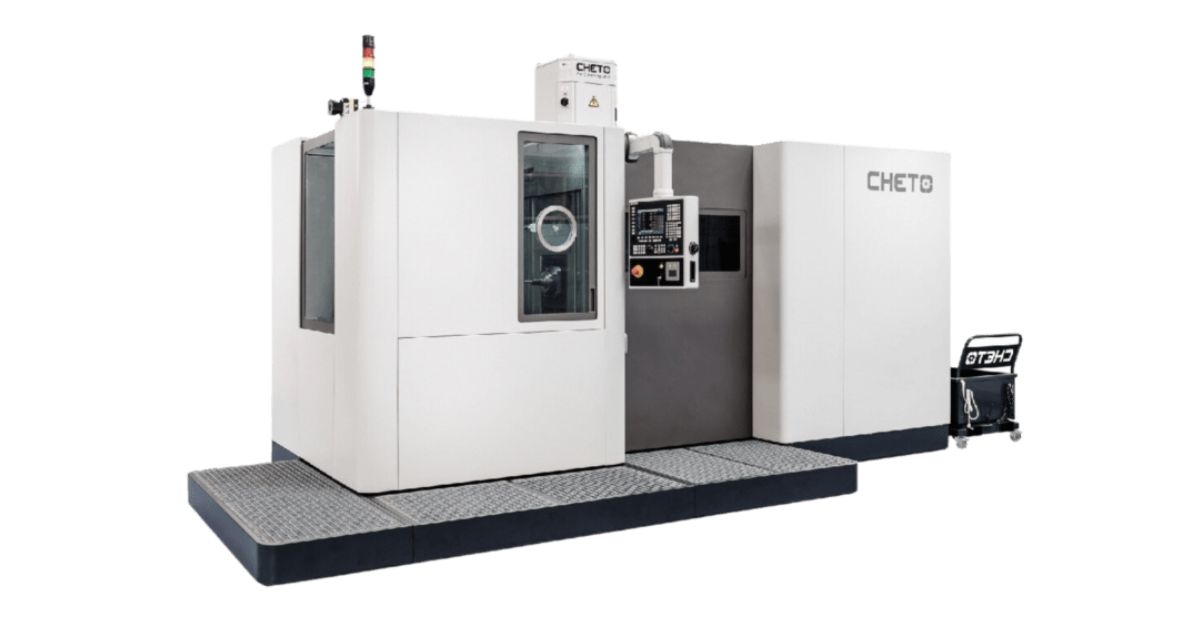What To Consider Before Buying a CNC Machine

Buying a CNC machine is a significant investment that can transform your manufacturing capabilities, increase productivity, and open new business opportunities. However, rushing into this decision without proper planning often leads to costly mistakes and buyer’s remorse.
Knowing what to consider before buying a CNC machine helps businesses avoid common pitfalls. Here’s how to select a CNC machine that aligns perfectly with your project requirements, budget constraints, and long-term business goals.
Define Your Project Requirements
Start by listing the projects you’ll tackle immediately after purchase. Are you planning to create furniture components, automotive parts, decorative items, or prototypes? Each application demands different capabilities from your machine.
Think about your production volume requirements. Hobbyist projects allow for slower cutting speeds, but commercial production demands efficiency and reliability. High-volume work also requires machines with robust construction that can handle continuous operation without frequent breakdowns.
Determine the Size and Capacity Needed
Machine size directly impacts what you can create and where you can install your equipment. Understanding your space constraints and workpiece dimensions prevents costly sizing mistakes.
Measure your available workspace carefully, accounting for machine dimensions, required clearances for operation and maintenance, and space for material storage. Remember that CNC machines generate chips and dust, so adequate ventilation and a clean space are essential.
Research Different Types of CNC Machines
The CNC machine category encompasses various machine types, each optimized for specific applications and materials:
- CNC mills use rotating cutting tools to remove material. They can perform multiple operations, such as drilling, tapping, and contouring, in a single setup.
- CNC lathes specialize in cylindrical parts, rotating the workpiece while stationary tools shape the material.
- CNC routers work primarily with wood, plastic, and soft metals. They typically offer large work areas and high-speed cutting but sacrifice some precision compared to mills.
- Plasma cutters and laser cutters excel at sheet material processing, offering fast cutting speeds and minimal material waste.
- Multi-axis machines combine multiple operations in one setup, reducing handling time and improving accuracy.
Understanding these differences helps you select the most appropriate option.

Evaluate the Materials You’ll Be Working With
Material compatibility significantly influences machine selection, as different materials demand specific capabilities from your CNC equipment:
- Wood is forgiving and machines easily, making it ideal for beginners. Most CNC routers handle wood effectively, but you must consider dust collection requirements and fire safety when working with fine particles.
- Aluminum is a popular metal choice due to its good machinability and light weight. It requires flood coolant systems and specific cutting tools but doesn’t demand the rigidity needed for steel machining.
- Steel and other ferrous metals require robust machines with excellent rigidity and powerful spindles. These materials generate significant cutting forces and heat, demanding proper coolant systems and tooling.
- Plastics vary widely in their machining characteristics. Some cut cleanly, while others melt or chip easily. Research the plastic types you’ll use, and verify compatibility with your chosen machine.
- Composites such as carbon fiber require special handling due to abrasive properties and health concerns from dust generation. Specialized tooling and dust collection systems are essential.
You can meet the demands of future material requirements by selecting a machine capable of handling them from the beginning.
Consider the Software and Control System
The control system serves as the brain of your CNC machine, interpreting your designs and coordinating all machine movements. Compatibility and ease of use significantly impact your productivity and learning curve.
Most CNC machines use standard G-code programming language, but the control systems that interpret this code vary significantly in features and user interfaces. Some offer conversational programming that simplifies common operations, while others require traditional G-code knowledge.
Assess the Machine’s Precision and Accuracy
Precision and accuracy specifications directly impact the quality of parts you can produce and determine whether your machine meets your project requirements. For example, furniture components may tolerate wider tolerances than precision mechanical parts.
Over-specifying accuracy unnecessarily increases costs, while under-specifying leads to quality problems. Remember that advertised specifications represent optimal conditions. Real-world accuracy depends on proper setup, calibration, tool condition, and operating environment, factoring in some margin for practical variations.
Check the Availability of Training and Support
Comprehensive training and reliable technical support can mean the difference between productive operation and expensive frustration, especially for first-time CNC owners. Some providers offer on-site installation and training, while others rely on online resources or regional training centers. Hands-on training typically proves most effective for beginners.
Research the manufacturer’s reputation for technical support. Look for companies with knowledgeable support staff, reasonable response times, and multiple contact methods. Check user forums and reviews for insights into real-world support experiences. Local support availability can significantly impact your experience.
Investigate the Maintenance Requirements
Regular maintenance keeps your CNC machine operating accurately and reliably while preventing costly breakdowns and premature wear. Research the recommended maintenance schedules for machines you’re considering. Some require daily lubrication and inspection, while others need attention only weekly or monthly.
Evaluate the complexity of required maintenance procedures. Operators can perform simple tasks such as lubrication and basic cleaning, but complex procedures may require specialized training or professional service. Keep in mind that well-maintained machines last longer and operate more accurately than neglected equipment.
Compare Pricing and Financing Options
The purchase price represents only one component of the total cost of CNC machine ownership. Comprehensive cost analysis prevents budget surprises and helps justify your investment. Calculate the total initial investment, including the machine price, installation costs, required tooling, workholding equipment, and safety accessories.
Research available financing options if you’re not purchasing outright. Equipment loans, leases, and rent-to-own programs each offer different advantages depending on your financial situation and tax considerations. Well-known brands from established manufacturers typically retain value better than obscure or discontinued models.
Visit and Inspect the Machine in Person
Nothing replaces hands-on evaluation when making a significant equipment purchase. Schedule demonstrations at dealer showrooms or trade shows whenever possible. Observe the machine in operation, paying attention to sound levels, vibration, and overall build quality. Well-designed machines operate smoothly and quietly.
Examine the construction quality closely. Look for signs of robust engineering, such as heavy castings, quality linear guides, and professional wiring practices. Avoid machines with obviously cheap components or poor assembly quality. Take the time to ask detailed questions about installation requirements, training programs, and ongoing support.

Find the Right CNC Supplier
Selecting a reputable supplier is as important as choosing the right machine. Here’s how to find one that works for you:
- Research supplier reputation through industry associations, user forums, and customer references.
- Evaluate local support capabilities, including service technicians, parts availability, and training resources.
- Compare warranty terms and service agreements carefully.
- Ask about trade-in programs and upgrade paths if you anticipate changing needs in the future.
- Verify the financial stability of potential suppliers, especially for smaller companies.
Your supplier relationship extends far beyond the initial purchase and significantly impacts your long-term success.
Making Your Investment Count
Purchasing a CNC machine represents a significant investment in your manufacturing capabilities. By learning what to consider before buying a CNC machine, you can make an informed decision that aligns with your needs, budget, and long-term goals.
If you’ve been looking for a reliable equipment supplier, YCM Alliance is here with professional knowledge and support. Our CNC machines offer comprehensive solutions to all of your manufacturing needs. Let us help you grow your business!